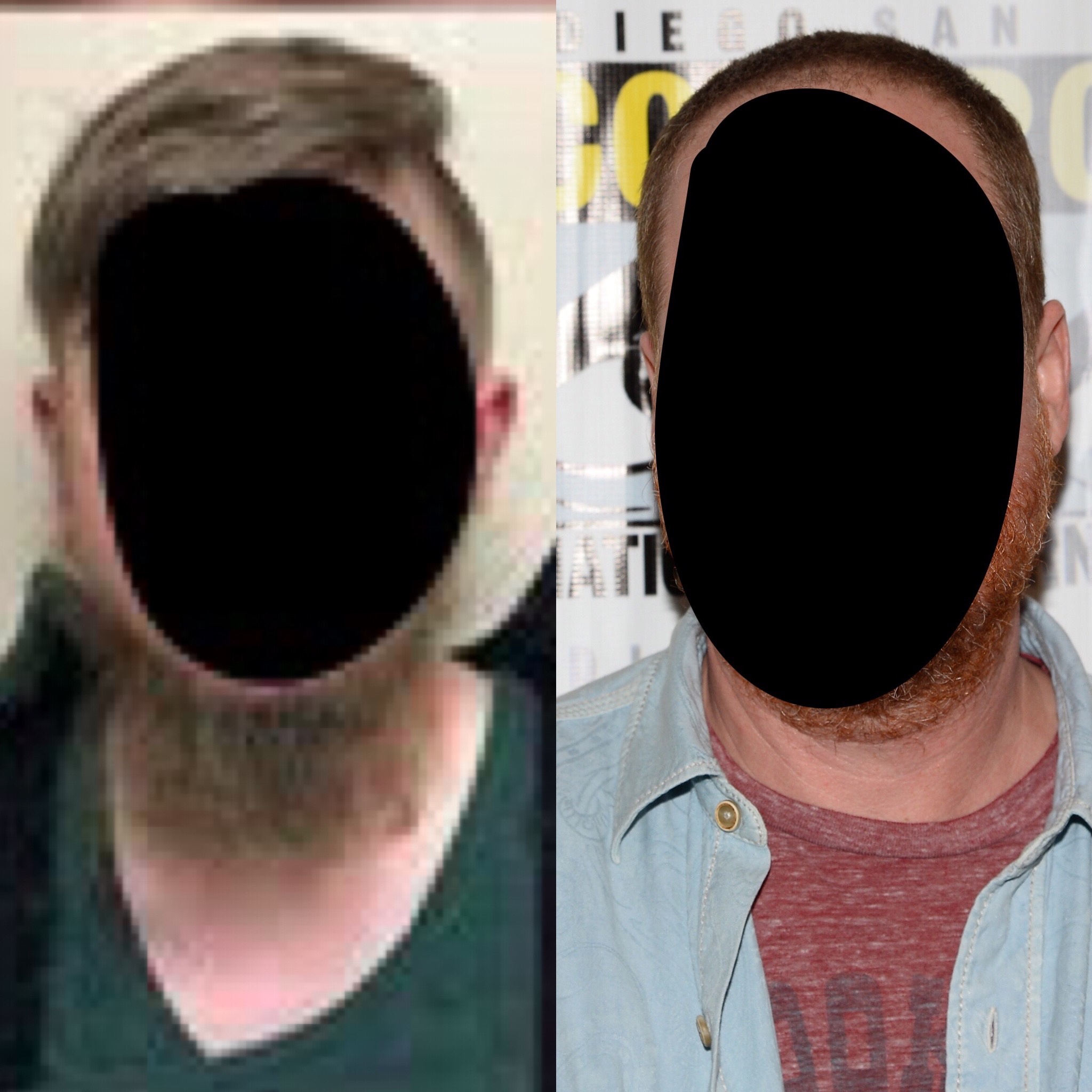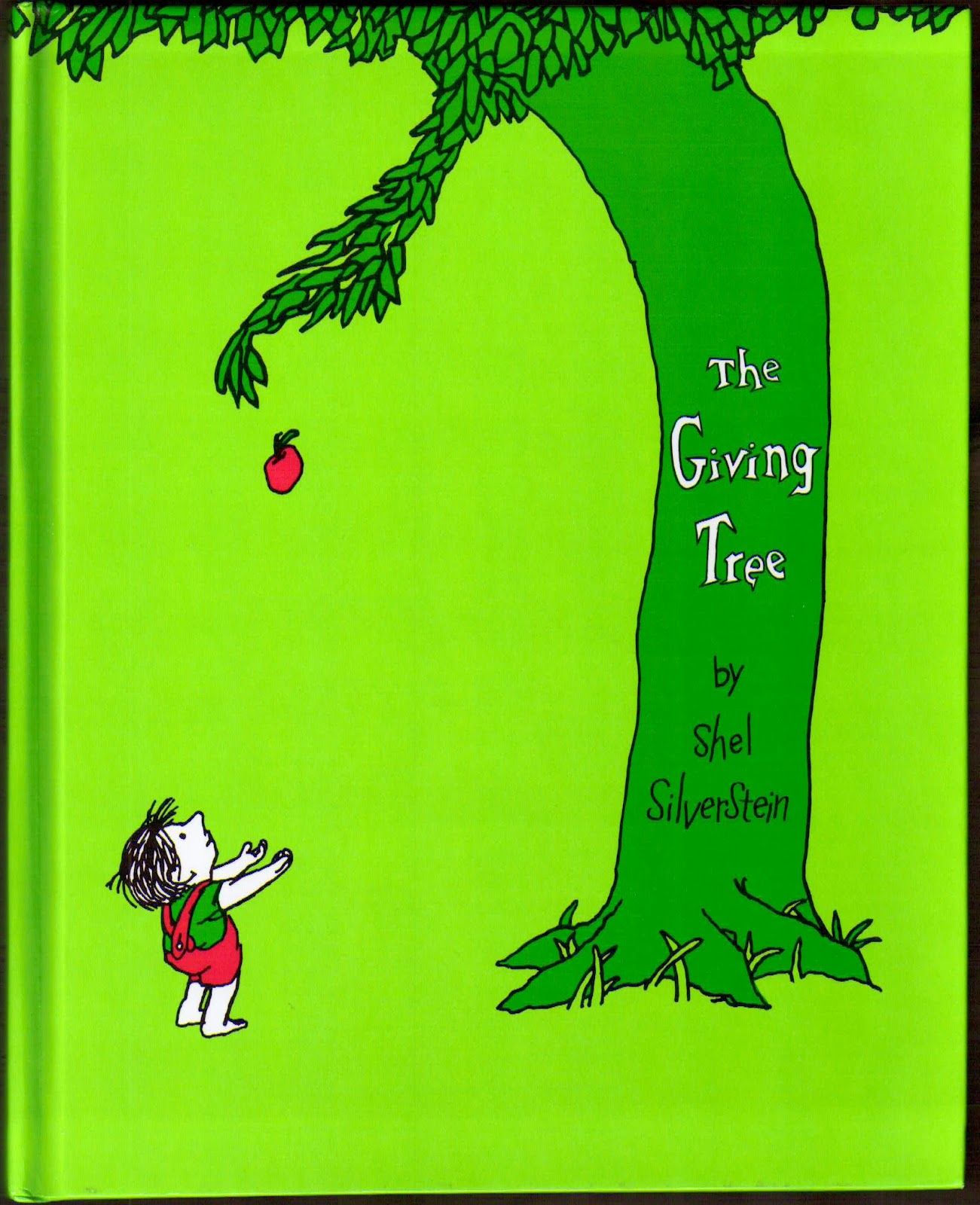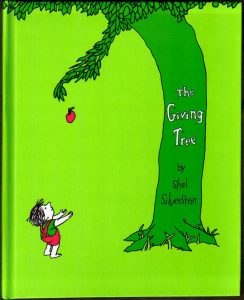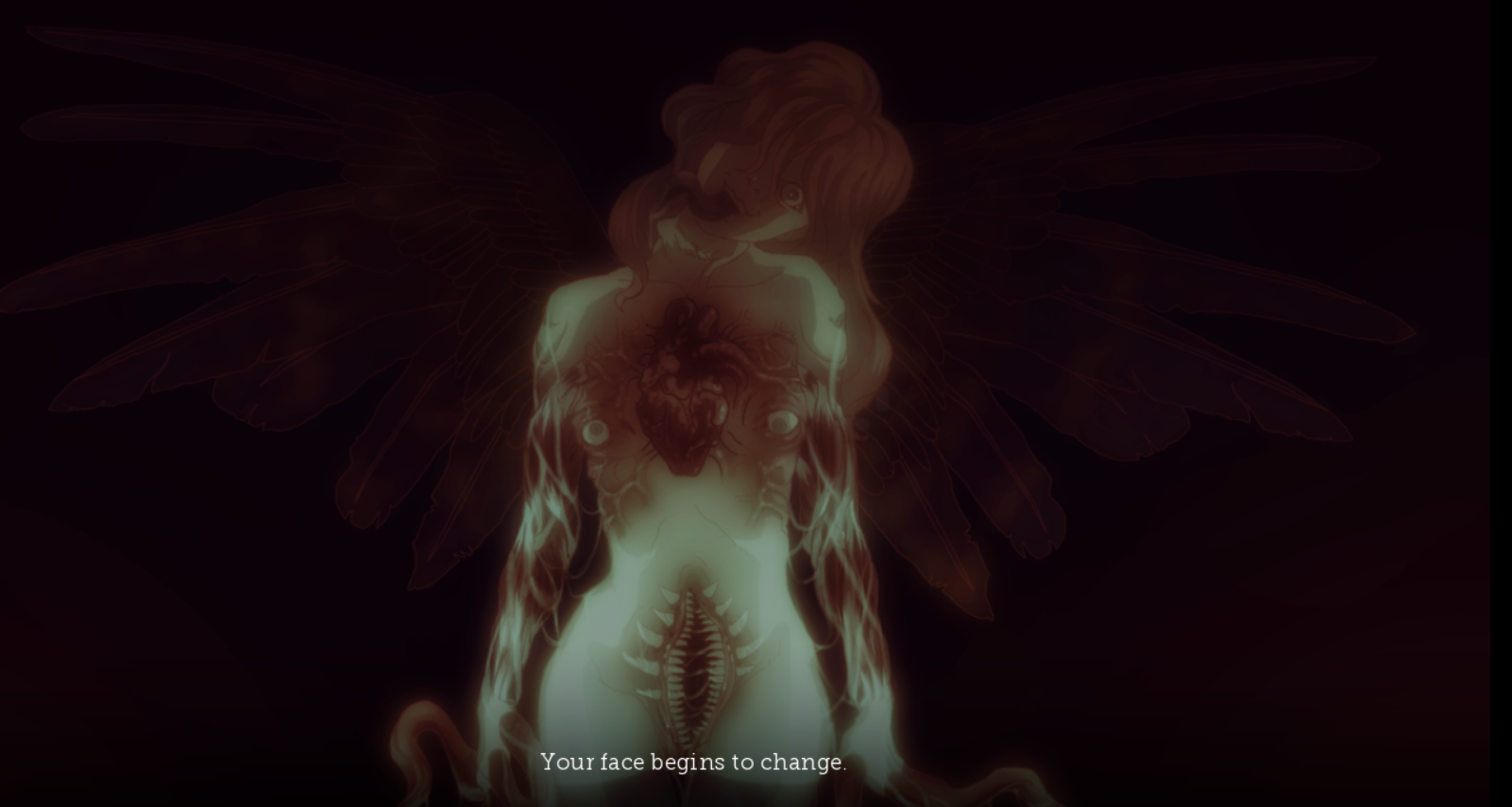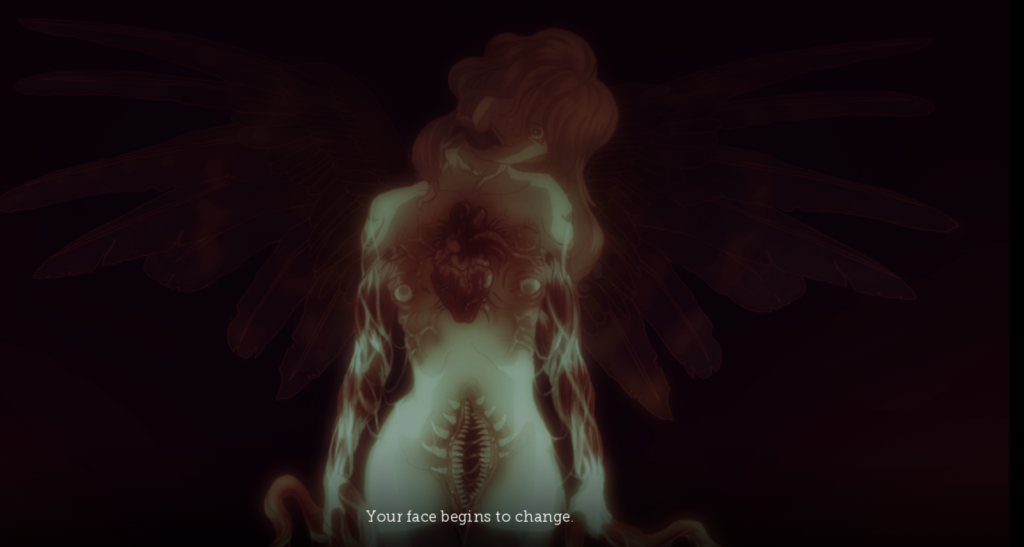We Aren’t Allowed to Scream
Obviously I’ve been going through a lot lately, and doing a lot of thinking, therapy, and self-analysis.
The thing that continually has surprised me is some of the stuff “woke” men/masc/enbies have said to me about how I should act or feel while I’m in the middle of a legal case prosecuting my abuser. (For more on that, see here, here and here. It involves a nearly a score of women over a thirty year period, and my felony accusations are just a small part of that.)
I’ve been told I’m too angry, and that it’s setting a bad example; that I’m not using my platform the right way; that I should have gone to authorities sooner because “truth matters” even when you have to take a risk and it could have helped prevent other victims; that I shouldn’t call out allies for their behavior right now because it contributes to my struggle to maintain support networks; that I’m not sad/crying enough so I must be doing well with it; on and on.
It’s stifling. I’ve also noticed that a lot of men have been treating me differently since I came forward–more defensive. I feel like some men have messaged to offer me support, but then also wanted my acknowledgement? Approval? Something past, “Thank you, that means a lot to me.” They want me to reassure them they’re one of the good ones, one even going to the point of trying to justify a “grey area” sexual encounter as if I were an arbiter. If I haven’t gone out of my way to give them approval, I’ve occasionally been treated as somehow hostile to them or as if I’m withholding something they deserve because I’m stuck up.
I like giving people validation and helping them feel good about themselves, but this constant call to center someone else’s feelings over my own is draining. Look, I have a lot going on, and I’m still able to fill that support role for some people, particularly those closest to me or the other survivors of Jordan that I’ve networked with. But past that, I can’t do all of that for other people at the same level as before. I’m trying to balance it.
As far as the criticism I’ve faced, I’m trying to sort what I think was valid and in good faith and what was not. Just because I’m in a prolonged crisis situation doesn’t mean that I’m immune from feedback, criticism, or being called out for inappropriate behavior. Some of what I’ve seen, though, is bad faith criticism or anger at me that I think comes from a place of insecurity. Some people are defensive around me, or projecting what I think is an unfair vengeance narrative on my actions. I am angry. That doesn’t make me vindictive.
I have a lot of trauma around being “exposed” or secretly observed/recorded, and honestly part of coping with the overwhelming stress and paranoia of that was trying to be as open-book as possible. If there is a problem with my thinking or perception, I want it to be easy to identify so I can address it or look at it from a different angle. An excerpt from the essay below was posted on Instagram by a Black woman activist about “call out culture” and it struck such a chord with me; this idea that just stating what happened to you is harm to the other person.
The idea that simply naming harm and/or violence is punitive, is frankly laughable. Very rarely are people accused of harm/violence punished for their actions.
It’s an idea that describing the hurt and fear someone may have caused you is aggressive in and of itself, and that you need to be “above it” or you’ve invalidated yourself or your story. There’s a difference between lying or twisting a truth and saying “this is what happened to me” when you feel unsafe or exploited and other avenues of stabilizing the situation (stabilizing, not necessarily resolving) have been rejected or aren’t accessible. I have done my best to be open, available, and clear and to admit my own mistakes or the validity of how someone may have interpreted my actions.
It’s not enough to try and stay mindful and kind; I have to be perpetually calm, accepting, and measured to get taken seriously, to not be seen as hysterical or vengeful or man-hating.
It’s like I can have a little anger, as a treat, but I’m not the one who gets to decide.
Takiyah Thompson (PettyPapi on Instagram) writes on RiotRevlot:
There is a hyperfocus on how victims and survivors choose to handle their abusers both within society as a whole, and within the movement. Should a survivor or victim publicly account the abuse or harm they experienced, the focus and scrutiny is instantly placed on the accuser.
We tell survivors to do everything besides confront and publicly account the abuse they’ve experienced. No community is exempt from espousing this victim blaming rhetoric. We say pray it away, talk it out in private, keep it in the family. Anything to spare abusers a fraction of the pain and trauma victims have known.
In the movement, the same victim blaming rhetoric is being repackaged as woke with the rejection of public accountings of harms being twisted into what is now pejoratively described as “call out culture.” What those who scrutinize survivors fail to realize is that public accountings of harm are usually the last ditch effort employed by survivors in an attempt to protect others and achieve consequences for their abusers.
Over the past month there have been a slew of survivors coming forward with their stories, calling out people who have been harmful or violent. While it may be easy to chalk the phenomenon up to feelings of hopelessness stemming from quarantine related restlessness, the situation deserves a more rigorous analysis.
At the time of this writing, 55 days have passed since George Floyd was murdered by pig cop Derek Chauvin. Protests and riots have rocked every corner of Turtle Island. Within a matter of days the Minneapolis 3rd precinct was burned to the ground. Cop cars were similarly torched In Atlanta, New York, Los Angeles, and Oakland. For the first time in recent memory, protests and memorials have been staged to honor black women and Trans people such as Breonna Taylor, Oluwatoyin Salau, Nina Pop, and Tony McDade.
In the past 55 days, the masses of marginalized people, particularly Black marginalized people have been injected with a demystifying dose of clarity, consciousness, and a renewed will to live and fight.
We have chosen this moment to speak our truth, not from a sense of suicidality or boredom. Rather, we are speaking our truth because there has never been a more materially opportune time to do so, because we are choking on the secrets we’ve kept in an attempt to protect our abusers from public scrutiny.
There is popular assumption that victims do not see the human complexity of our abusers. There is a burden placed on survivors to show kindness and grace toward their abusers. This burden we place on survivors ignores the fact that victims of abuse are usually the ones who have shown their abusers the most care and kindness, which was what put them in a position to be drawn in, manipulated, and ultimately abused.
Some have argued that publicly naming our abusers and the harm and/or violence we’ve endured is one sided, punitive, and carceral. That if we speak about the harm we’ve experienced, we are creating a one sided narrative. That when we talk about violence all too prevalent in the movement, we are the ones doing “state’s work.” Some have even likened call out posts to lynchings (try not to laugh!).
It’s interesting how this charge of “doing state’s work” is never leveled at the sexual abusers, antiBlack non-profit directors, or other wolves dressed up in revolutionary clothing, the people whose harmful and violent actions maintain the -isms we say we are committed to eliminating. Doesn’t the state smile to itself every time a strong and powerful comrade is pushed out of the movement because of racism, sexism, or any other oppressive violence?
The idea that simply naming harm and/or violence is punitive, is frankly laughable. Very rarely are people accused of harm/violence punished for their actions.
When someone is publicly accused of harm or violence the most common outcome is a mass unfollowing on social media. Let’s be clear, unfollowing someone is not a punishment. Choosing not to be friends with someone is not carceral. Deplatforming and distancing one’s self from someone accused of abuse is not “disappearing” someone. And above all, a call out post is decidedly NOT a lynching.
More often than not it is the accusers who are the ones punished. All too often, people who accuse the powerful and clouted are ostracized and ignored. Victims are labeled “drama” or worse, smeared as complete liars. Rumors begin circulating about the mental health status of victims and accusers.
When survivors go public with an accounting of harm and/or abuse, an overwhelming hush ensues. Something interesting recently happened to me. On Instagram, I addressed some of the harms and violences that myself, my family, and comrades had endured at the hands of local so-called community organizers. To my surprise, the post was shared dozens of times and yet only a fraction of that number contacted me to offer words of encouragement or support.
What this revealed to me is that we don’t have a callout culture at all, instead we have a whisper culture. A culture wherein accusations of harm and violence are shared privately and discussed in small cliques rather than brought into the open where contradictions can be resolved. In a whisper culture there is only rumored antiBlackness, rumored rape, rumored violence, rumored abuse, rumored evictions, and rumored misogynoir. In a whisper culture we talk about the accused and the accuser, but not to them. We piece together our own character assessments of each individual in an attempt to asses the plausibility of accusations.
It’s often assumed that call out posts “shame” those accused of being harmful and/or violent. This position is just that, an assumption. The reality however is that very rarely do individuals who have been called out display shame. More often than not, individuals accused of being harmful are still showing their faces at protests, still maintaining their internet presence, still raping people, still being antiBlack, still speaking on panels, still writing books, and still positioning themselves as authorities on truth and justice . To say call outs in themselves shame the accused is presumptuous at best and a straight up lie at worst.
What we are calling shame might in all reality be a cognitive dissonance response. What has been labeled as shame may actually be the discomfort of being confronted with the fact that ones actions have acted in accordance with all we wish to destroy.
Ultimately, a call out is no different than a scream. If someone is stabbed, they’ll likely scream. Pushed down a flight of stairs, scream. Shot, scream. If someone is harmed or violated in some way it is expected that they will vocalize that pain. Why then do we ask the authors of call out posts to keep their scream to themselves? Why do we tell them when, where, and how they are allowed to scream? This is not liberatory.
A scream does not have to be articulate. A scream does not have to sound good. A scream does not have to be quiet and considerate. Victims do not have to be held to a higher standard than the person who violated them. Victims do not have to be perfect.
Instead of whispering to one another about the uncomfortable dissonance of a survivor’s scream, our movement has to prioritize the violence and harm that initiates the scream. If all of our energy is focused on the tone a survivor takes, we will never be able to address the life and death matters that leave the most vulnerable lives hanging in the balance.
